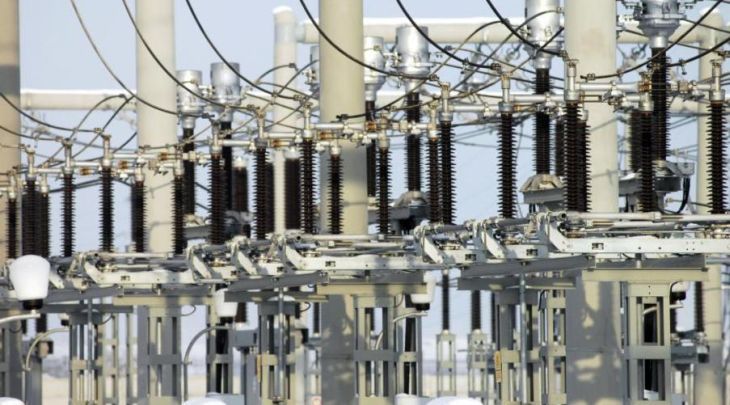Through the electricity distribution tariffs, set for 2024 by the regulatory authority, it is reconfirmed that in Romania the legislative framework is not in favor of massive investments in the distribution networks, necessary to facilitate the imminent energy transition, claim the officials of the Federation of Associations of Energy Utility Companies (ACUE).
ANRE announced that tariffs for electricity distribution operators will increase next year by only 3.39%, below the forecast inflation rate, and for transport operators by only 1.51%, in the context of the need for major investments in grid to facilitate the efficient connection and distribution of energy generated in particular by new renewable capacities.
“It is the third year in a row that the tariffs do not fully cover the distributors’ costs. The additional costs generated by the price explosion in the wholesale market from 2022 are expected to be recovered by the distributors over a period of 5 years. The cost of the capital needed to make the investments is not covered by the current regulations, and the tariff setting methodology is not adapted to the objectives that our country has assumed in the complex process of the energy transition,” ACUE representatives said.
Recently, the European Commission communicated to the member states an action plan to stimulate investments in networks, estimated at over 500 billion euros in the next decade. It is estimated that around 70% of the financial effort required for the transition should go to distribution networks. The investment requirement is enormous for the transformation that the networks must go through to meet the climate goals, and the time to achieve it is very short.
The distribution operators have already accessed, in record time, 1.1 billion euros from the Modernization Fund and have asked the authorities to supplement the non-reimbursable support that will relieve the tariffs paid by consumers and that will facilitate much greater investments in the network, for their benefit. To co-finance these investments, the distributors need sufficient income to support the implementation of the projects, given that the companies have not recovered financially after the crisis year 2022, when they accessed substantial loans to support current operations.
By accelerating investments in electricity distribution, consumers will benefit from improved security of electricity supply and, by increasing network capacity, from diversified services. In addition, investments in electricity networks will enable the integration of significant additional amounts of clean energy into the system and more stability in the local market, reducing situations where unwanted fluctuations can occur.
“The negative impact of the result of the process of establishing the distribution tariffs for 2024 could be mitigated to the extent that, in the first months of next year, ANRE will provide a clear vision of the conditions for the fifth regulatory period, which will begin in 2025. In this new decisive cycle for the development of the sector, distribution operators expect the abandonment of over-regulation, a greater openness to innovation and flexibility, the provision of financial resources for the massive investment program required, the stimulation of operational and economic efficiency, which it is reflected in the improved services offered to customers in Romania.”

